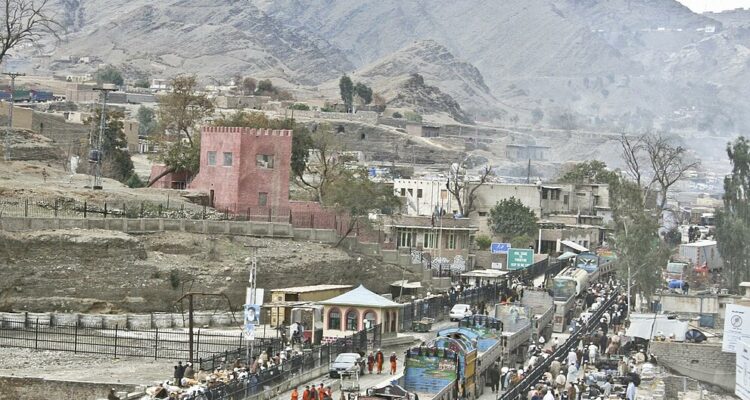
One of the core principles of humanitarian journalism is that “newsworthiness” is driven by the moral equivalence of all lives. A crisis deserves coverage because of the impact it has on peoples’ lives — no matter who the people are, or where they live. This leads a small number of us humanitarian journalists to routinely and deliberately focus on stories that many conventional journalists overlook.
On the other hand, the Israel-Palestine crisis and catastrophe in Gaza is getting substantial coverage in western media because of the cultural, historical and political proximity of this crisis to the United States and Europe. To be sure, this is a major international story (and one we’ve covered exhaustively). But coverage of the Israel-Palestine crisis—or the conflict in Ukraine for that matter — should not come at the expense of other important global stories.
One such story is the forcible repatriation of hundreds of thousands of Afghans who have been evicted from Pakistan in recent weeks. An unprecedented crackdown against “illegal immigrants” has forced over 300,000 Afghans — many who have lived in Pakistan for decades — to leave for Afghanistan. The government says it is targeting about 1.7 million Afghans in Pakistan for expulsion.
This story is getting some attention, including this excellent New York Times article by Zia ur-Rehman in Karachi last week. But it is nowhere near the kind of wall-to-wall coverage that otherwise might be expected if a population equivalent in size to an American city like Pittsburgh or Cincinnati were suddenly forced to relocate to a country controlled by a radical, human rights abusing de-facto government. And this happened in just a matter of weeks — with over a million more people potentially on the way.
For the podcast today, I speak with Samira Sayed-Rahman, director of policy advocacy and communications for The International Rescue Committee in Afghanistan which is running humanitarian relief programs, including in a massive tent city that was newly erected on the Afghan side of the border. We kick off discussing how so many Afghans came to be living in Pakistan over the decades. She then explains: why Pakistan is suddenly cracking down on Afghan migrants, what fate awaits those who have fled to Afghanistan, and how the fact that the Taliban are the de-factor authorities in Afghanistan is complicating international relief efforts.
Mark Leon Goldberg Can you describe where these hundreds of thousands of Afghans are ending up once they cross the border? I mean, it’s a massive number of people to leave in such a short period of time.
Samira Sayed Rahman The area of Torkham — this is the crossing point between Pakistan and Afghanistan — is a fairly barren area. It’s just outside the city of Jalalabad. There’s no existing facilities per say to accommodate an influx of these numbers. So what that has led to is a makeshift camp of sorts that has been set up in the area. And the numbers are increasing day by day, and the response is nowhere near what is needed.
As I mentioned, Afghanistan is in the midst of a humanitarian crisis. And one of the main challenges for us in terms of responding to needs is the lack of funding that is available right now. We’ve seen an increase of humanitarian needs but also various emergency responses that we’ve had to do, including a massive earthquake that took place in the northwest of Afghanistan just last month. So with all of this happening, it’s been very difficult to try to find the funds to be able to provide a robust response to this refugee issue. And we have competing crises around the world. Afghanistan has fallen off the radar when it comes to the humanitarian situation. With wars raging in various parts of the world, the attention has now turned away from Afghanistan. And as a result of that, the funding has also left and is not coming in at the scale it needs to in order in order for us to respond to these massive humanitarian needs.
Mark Leon Goldberg To what extent do you think the funding shortfall is a consequence of the fact that donors are reluctant to fund humanitarian relief within Afghanistan because the de facto Taliban authorities are not internationally recognized? They have this obviously well-earned reputation for being human rights abusers — is there a fear that donors might be, say, propping up the de facto authority by providing humanitarian relief? How much is the political situation within Afghanistan complicating your fundraising efforts?







